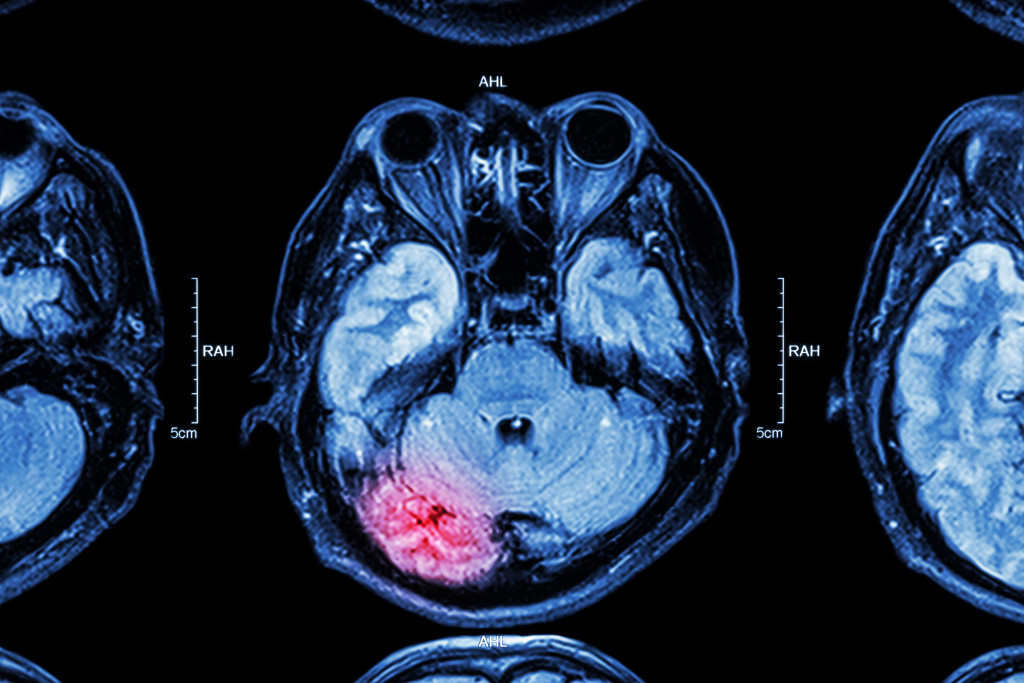The healthcare industry is one of the most important and fastest-growing industries globally. It has also been one of the early adopters of new technology. For example, the use of electronic health records (EHRs) has helped to improve the quality and coordination of healthcare. Similarly, the use of mobile apps and wearable technology is helping to improve patient care.
However, new technology must be adopted quickly for the healthcare industry to continue to innovate and improve patient care. The adoption of technology in healthcare is because of the increasing demand and several primary drivers bringing technology to the mainstream.
Factors Driving Technology in Healthcare
There are several factors driving technology in the healthcare industry, such as:
Patient Care Experience
One of the main drivers of healthcare innovation is the patient care experience. Healthcare providers are always looking for new ways to improve the patient experience. For example, they use mobile apps and wearable technology to assist with remote patient care. It is not just about technology. The demand for enhanced experience is seen across the healthcare industry in general.
One of the examples is seen in dentistry. You can see the evolution of dental veneers. Traditionally, they used to be bulky and visible. But nowadays, they are fragile and look entirely like natural teeth.
Patient Engagement
Another critical driver of healthcare innovation is patient engagement. Healthcare providers are always looking for new ways to engage patients in self-care. For example, the use of social media and patient portals is helping to improve patient engagement.
Another example is the use of mobile apps for medication adherence. A recent study found that mobile apps can help improve medication adherence significantly. This is because mobile apps can help to remind patients when to take their medications and provide feedback on their commitment.
Cost-Effectiveness
To compete in a global market, healthcare providers are looking to improve efficiency and reduce waste. Technology can help achieve this goal by automating tasks and making it easier to track and manage patients.

Aging Population
Another important factor driving healthcare innovation is the aging population. The number of people over the age of 65 is expected to double by 2050. This presents a challenge for the healthcare industry, as it will need to find ways to provide care for an increasingly large population. Technology can help to address this challenge by making it more accessible.
The importance of technology in healthcare innovation
Technology is essential in healthcare because it allows providers to improve the quality and coordination of healthcare. It also helps patients engage in their own care and improves the overall patient experience. Additionally, technology can help to reduce costs and make care more efficient for the aging population.
It also helps with communication and connectivity. This is an essential factor, allowing healthcare providers to collaborate and share information more easily. Overall, technology plays a vital role in the advancement of healthcare innovation.
Establishing seamless coordination between healthcare providers and staff is essential because it allows for a more effective and coordinated care experience for the patients. Technology can help achieve this goal by providing tools that improve communication and connectivity.
For example, using secure messaging systems can help to reduce the need for telephone calls and allow healthcare providers to communicate quickly and easily. This can be especially helpful in a hospital setting, where many different providers and staff members need to communicate with each other.
In addition, using electronic health records (EHRs) can help to improve communication between healthcare providers. EHRs allow healthcare providers to share patient information quickly and easily. This can be helpful for medication reconciliation, which is the process of ensuring that all the medications a patient is taking are safe and effective.
Technology can also help to improve communication between patients and their healthcare providers. For example, patient portals can allow patients to access their health information online. This can be helpful for things such as tracking test results or requesting appointments.
How technology is changing the way we treat patients
Technology is changing the way we treat patients in many ways. For example, electronic health records (EHRs) allow personalized treatment plans for patients. EHRs contain information on a patient’s medical history, which can develop customized treatment plans.
Another example is the use of telehealth. Telehealth allows healthcare providers to provide care to patients remotely. This can be helpful for things such as treating patients with chronic diseases or providing mental health services.
Technology is also changing the way we perform surgery. For example, surgical robots allow surgeons to perform operations with greater precision and accuracy. This can be helpful for things such as removing cancerous tumors.
The future of healthcare technology is exciting and filled with potential. Many new technologies are being developed, which can improve the quality and efficiency of healthcare. The advent of technology will further bring innovations in the healthcare industry to make patient care more efficient.

